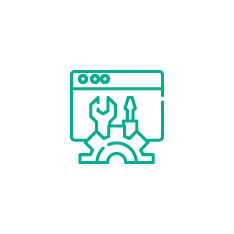Developer convenience was a common theme in June. Both the core Neo repositories and community-developed projects received new functionality to address pain points or otherwise reduce the time spent by builders integrating Neo into their applications.
In the Neo core, modifications to native contracts and the RPC system were the most prominent improvements in this direction. A new native contract method to check for the existence of a method in a smart contract avoids the cost and development effort in parsing a full ABI, and two RPC methods for handling iterators make it possible for integrators to retrieve data from an iterator without running into node limits.
Similarly, adjustments to community infrastructure followed the pattern. NGD Enterprise introduced the new contract download feature as part of the Neo Blockchain Toolkit; a powerful tool that enables developers to test their applications against live MainNet or TestNet contracts without leaving the safety of a local development environment.
An update to the neow3j devpack by AxLabs introduced contract interfaces, a helpful new way for Java developers to interact with deployed smart contracts. This functionality naturally complements the Toolkit’s contract download feature; smart contract authors can download a MainNet contract to their Neo Express instance, then write a Java contract with a dynamic contract interface that can interact with the downloaded contract and its real storage data.
Other notable efforts on the developer convenience front include the addition of WalletConnect API support to the NeoFS SDK by Neo SPCC, and a system fee override introduced into the NeoLine dAPI by NEXT to grant flexibility to dApp developers.
The full Neo global monthly development report for June can be found below.














